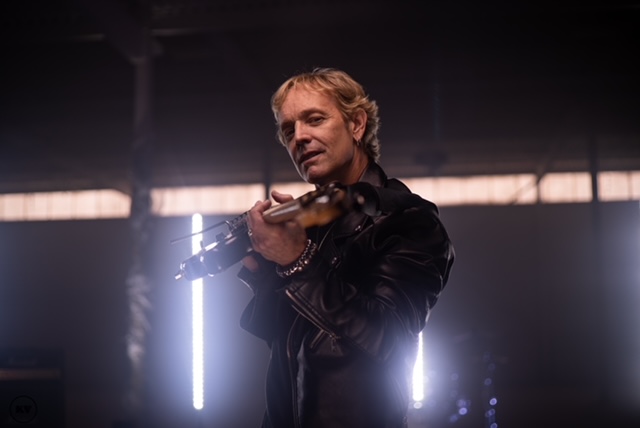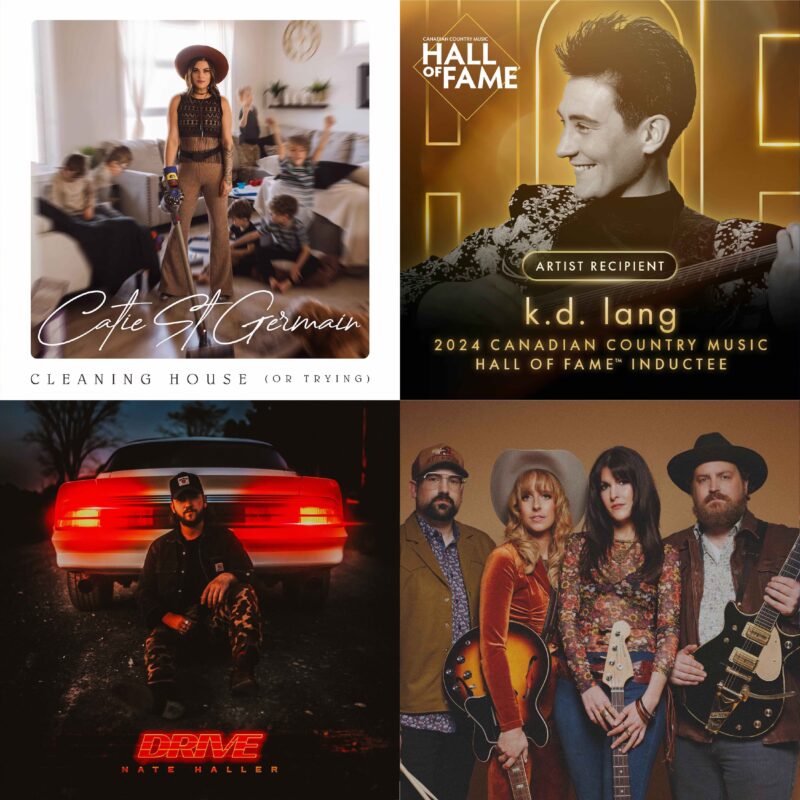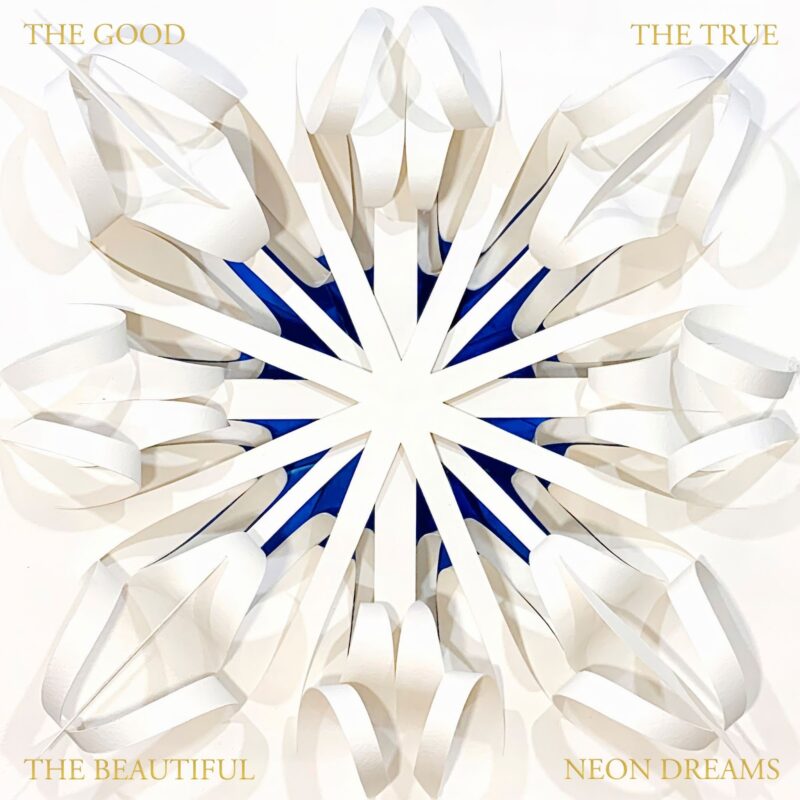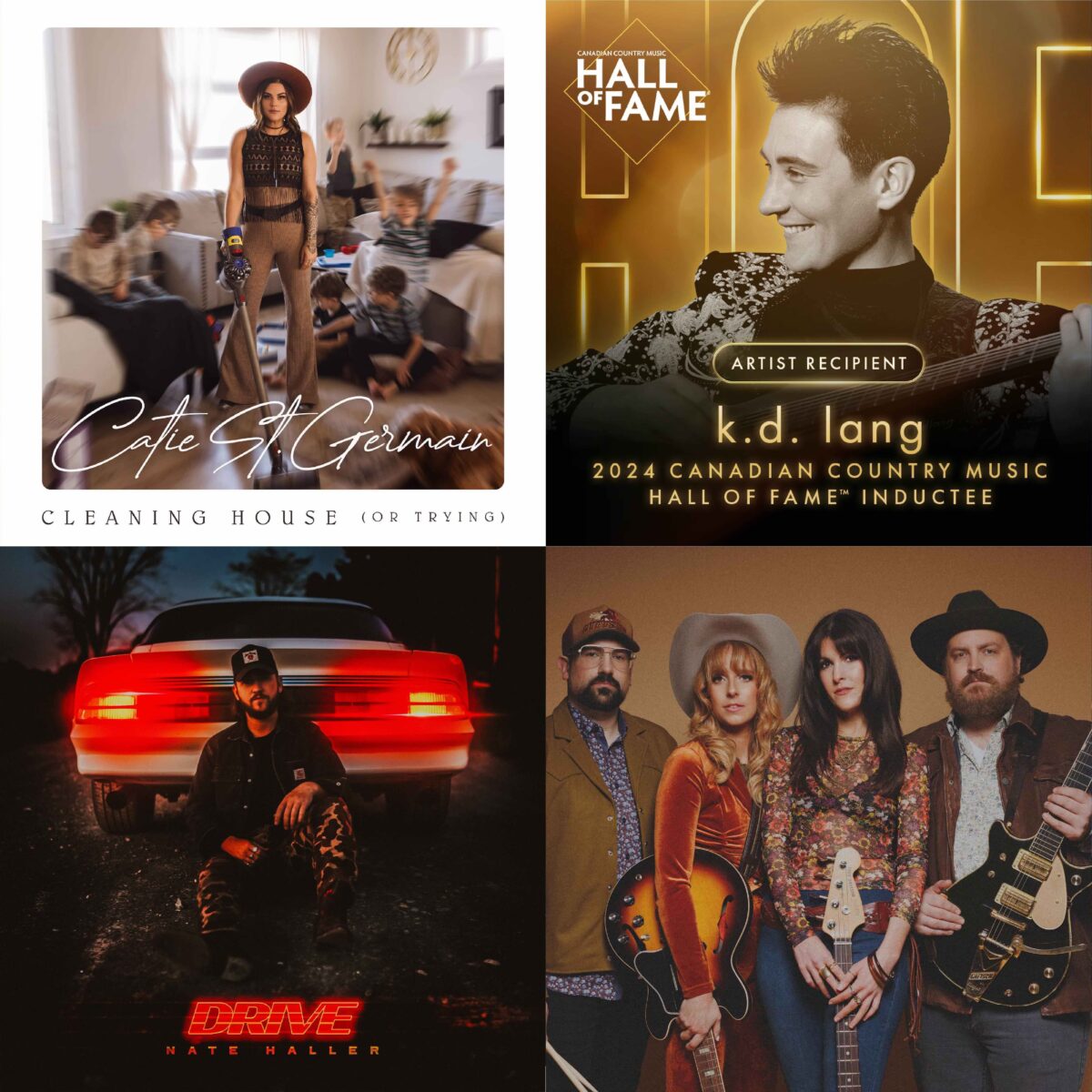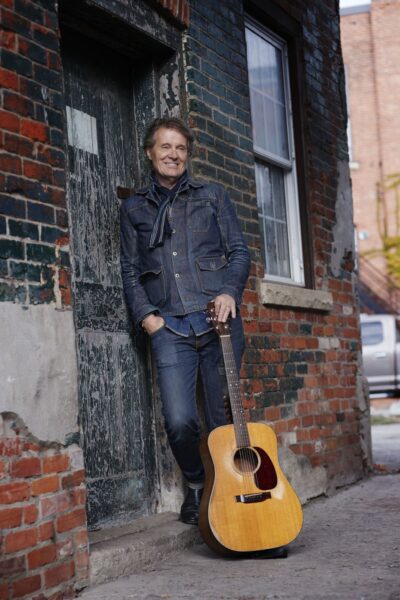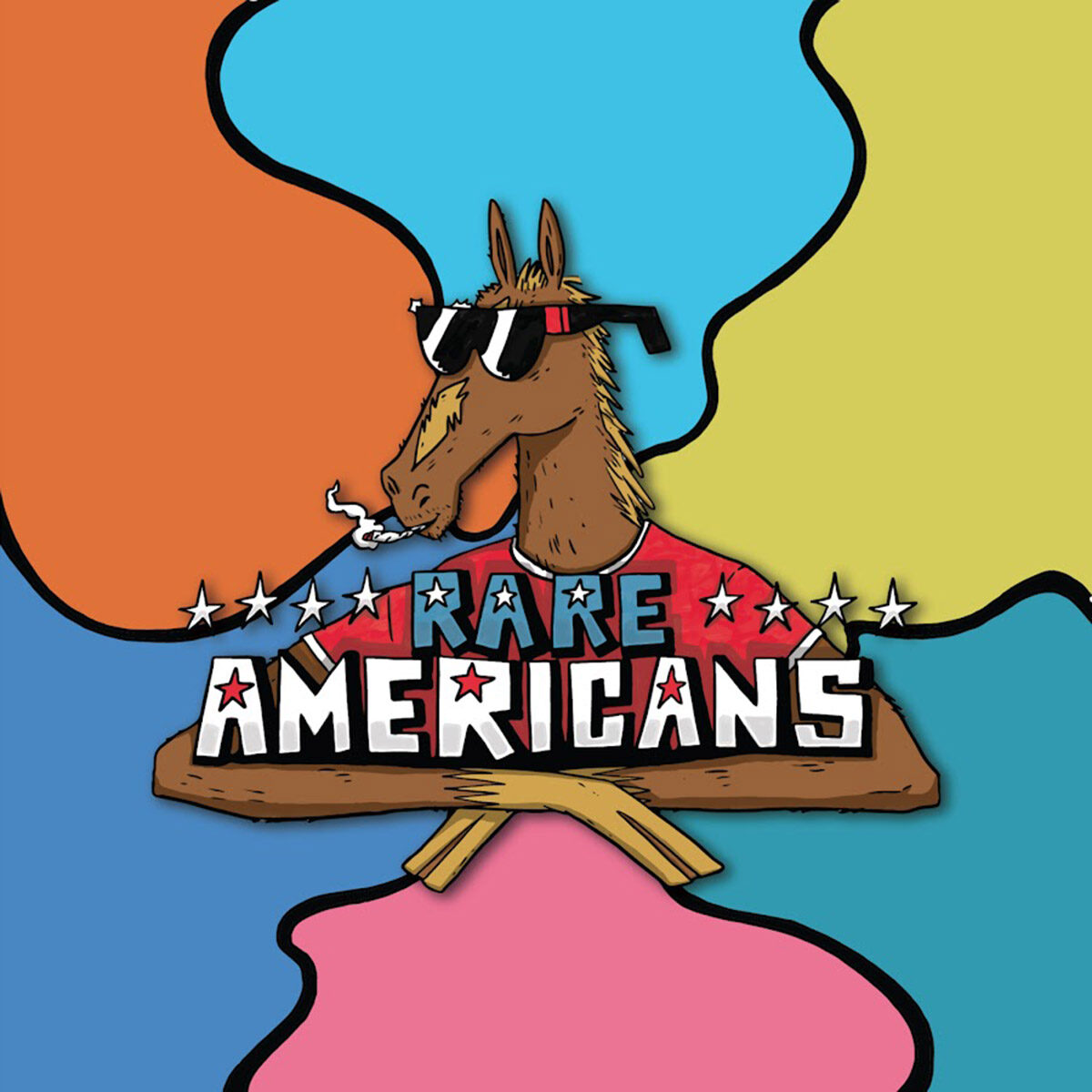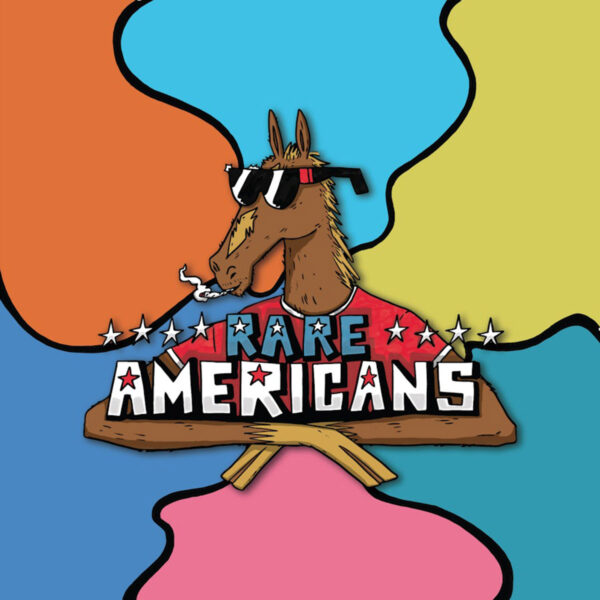Bruce Allen, the Godfather of the Canadian Music Industry – Photo by Dee Lippingwell
by Roman Mitz
This is Part 2 of The Music Express’ 45th Anniversary Edition, with founder, editor-in-chief Keith Sharp
Part 1 is available here

…“Bruce Allen was really upset that the phenomenal debut album by Loverboy, a band he managed, was not even nominated for Best Group or Best Album at the Juno Awards,” Keith recalls. “That album sold 700,000 copies in Canada and 400,000 in the U.S. There was a big furor at the time that the Junos were fixed and all of the record companies kind of conspired amongst themselves to determine who won.
I think our awards were developed as much out of spite for the Canadian Academy of Recording Arts and Science (CARAS), whose members vote for the Juno winners. Bruce worked with me on it and we chose Montreal because the Junos were always held in Toronto at that time. Long John Baldry along with Francophone Nanette Workman were the hosts and they were absolutely brilliant.
The show was really well done and tightly edited and was the first to utilize music videos. It was produced by André Perry who owned the renowned Le Studio in Morin Heights Quebec and famously recorded John Lennon/Yoko Ono’s “Give Peace A Chance” in Montreal’s Queen Elizabeth Hotel.
CHOM radio in Montreal sponsored the awards, and a television broadcast was secured through CITY-TV in Toronto which put together a national network of independent stations to air it on a staggered basis and Molson was the featured corporate sponsor.”
The inaugural Music Express Awards show was significant for another reason; it marked the first award received by budding Canadian superstar Bryan Adams. The magazine backed Adams right from the beginning so it seemed appropriate that they were the first to hand him some hardware. Both he and Loverboy were on hand to receive their awards with live performances (another first) were provided by The Payolas$, Martha & The Muffins and sensational Francophone band Corbeau.

“We knew Adams when he was a 17-year-old fronting Sweeney Todd, having just replaced original vocalist Nick Gilder,” Keith says. “When we were in Calgary our office was the front office of Northern Lights & Sound which was owned by Brent Rawlinson.
Performers would rent their gear from them, do a tour, and when they came back they would set up in the back warehouse and do a free midnight concert for the locals. When Conny and I went to the Sweeney Todd show we saw this kid walking around our office and Conny, being Conny, said ‘Isn’t it past your bedtime son?’ He pointed to a poster of Sweeney Todd on the wall and said that he was the lead singer of the band.
We watched the show and thought he was really good and told him to stay in touch. Music Express Vancouver writer Tom Harrison interviewed him when his first album came out and, literally, a couple of weeks after we moved to Toronto, he played the El Mocambo. Ever since that time Bryan and I have had a very tight relationship. I toured the northern U.S. with him, I went to Germany (both East and West) with him and I was there in London when he opened for Tina Turner. I saw him grow into this international phenomenon, and it’s thrilling to have the recollection that Music Express played an active role from the very beginning.”
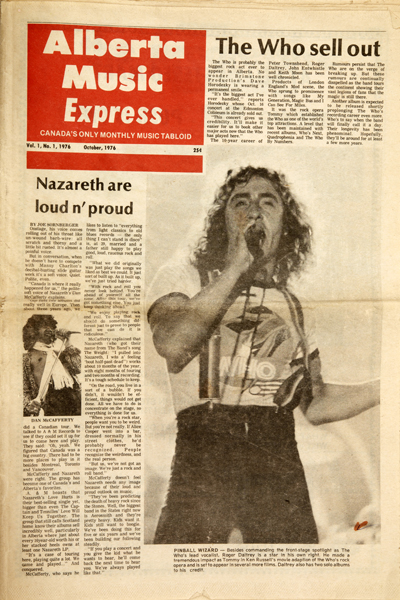
Perhaps the most significant year in the history of Music Express was 1986, as this would be the year that the magazine cracked the U.S. market. Keith had distributed some of his magazines through wholesalers in the U.S. and that is how he struck gold.
“I got a call from Mark Greenberg at Warner Distributing in New York. He had received a copy of Music Express and asked if we would be prepared to launch in the U.S. as Warner wanted us to compete against Spin as their national magazine. At the time the magazine was literally myself, Conny and Allan Gregg, who had bought a share of the ownership in 1985. We didn’t think we could take on Spin immediately so we said we would do it in 10 centres around America and have correspondents in those places promote it regionally. One of the places that we launched was Boston, and Carter Allen, a deejay at WBCN mentioned that his station was staging a fan fair event with a bunch of bands and it would be a great opportunity for us to promote Music Express. We went down and set up a kiosk with a bunch of back issues of the magazine and had both Platinum Blonde and Wendy O Williams show up to sign autographs.
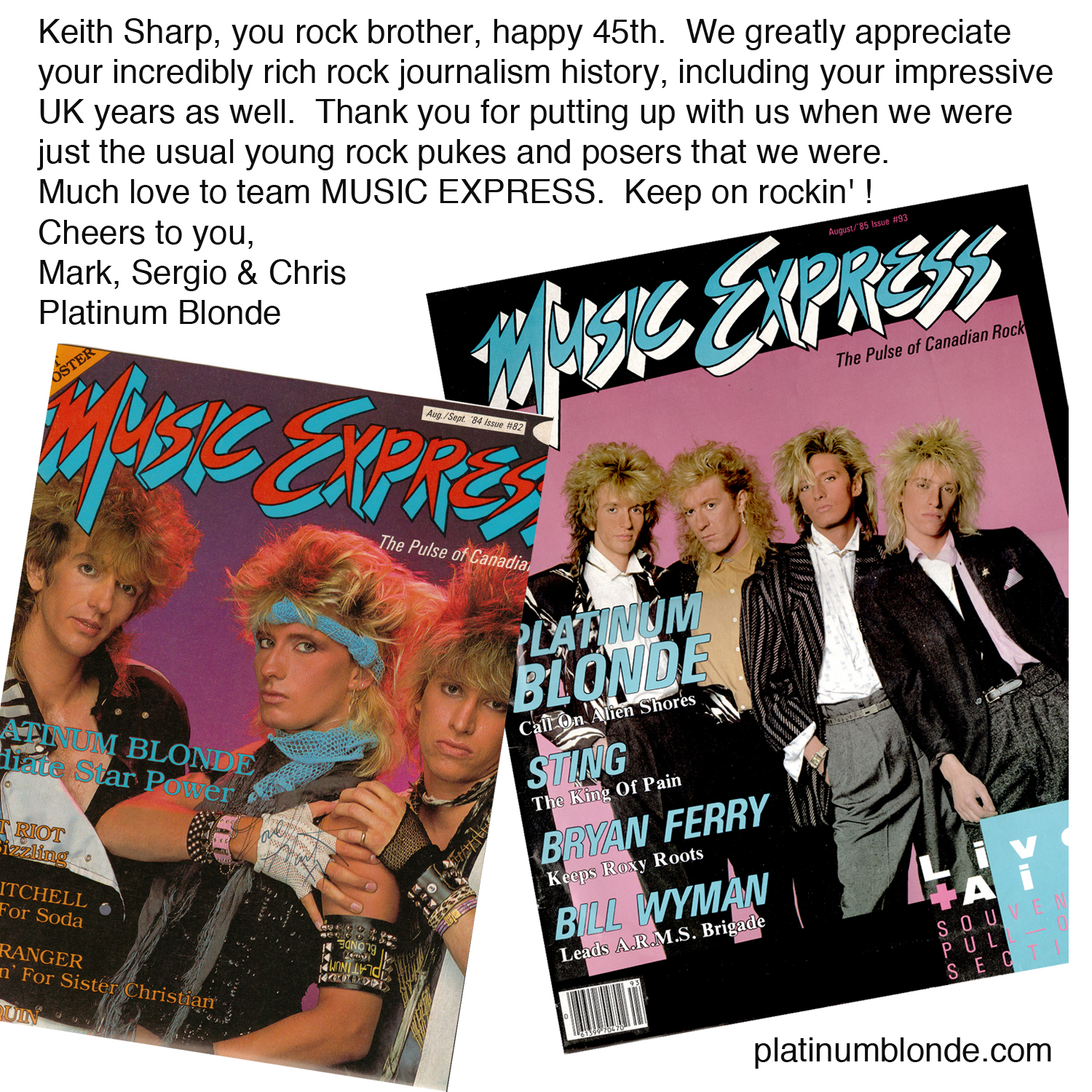 ME 45th – Platinum Blonde Anniversary message
ME 45th – Platinum Blonde Anniversary message
On the way back to Toronto I was reading the trades in Billboard magazine and there’s this story about this Minneapolis record chain called Musicland/Sam Goody that was branching out nationally and had taken over an L.A. record chain called Licorice Pizza,” Keith continues. “There was a quote from their marketing director, Bruce Jesse, about how ambitious they were.
Astonishingly, the very next morning my phone rings and it’s Bruce Jesse on the line. He happened to pick up a copy of Music Express in Minneapolis and he said that’s exactly what they wanted in their stores in order to compete with Tower’s in-store magazine Pulse.
Conny and Allan agreed this would be a great opportunity, so we flew down to Minneapolis and met with Bruce and company president Jack Eugster, and we launched in August of 1986. We changed the name of the magazine to Rock Express because they thought the name Music Express was a little mundane. Then we found out that Bill Graham’s company from California was calling their merchandise Rock Express so Musicland asked us to change the name back.”
Music Express broke a lot of ground during their U.S. invasion. It is the only contemporary music magazine with a Toronto base to enjoy U.S circulation via 1,100 Musicland/Sam Goody record retail stores across America, and U.S. newsstand circulation via Warner Distributing.
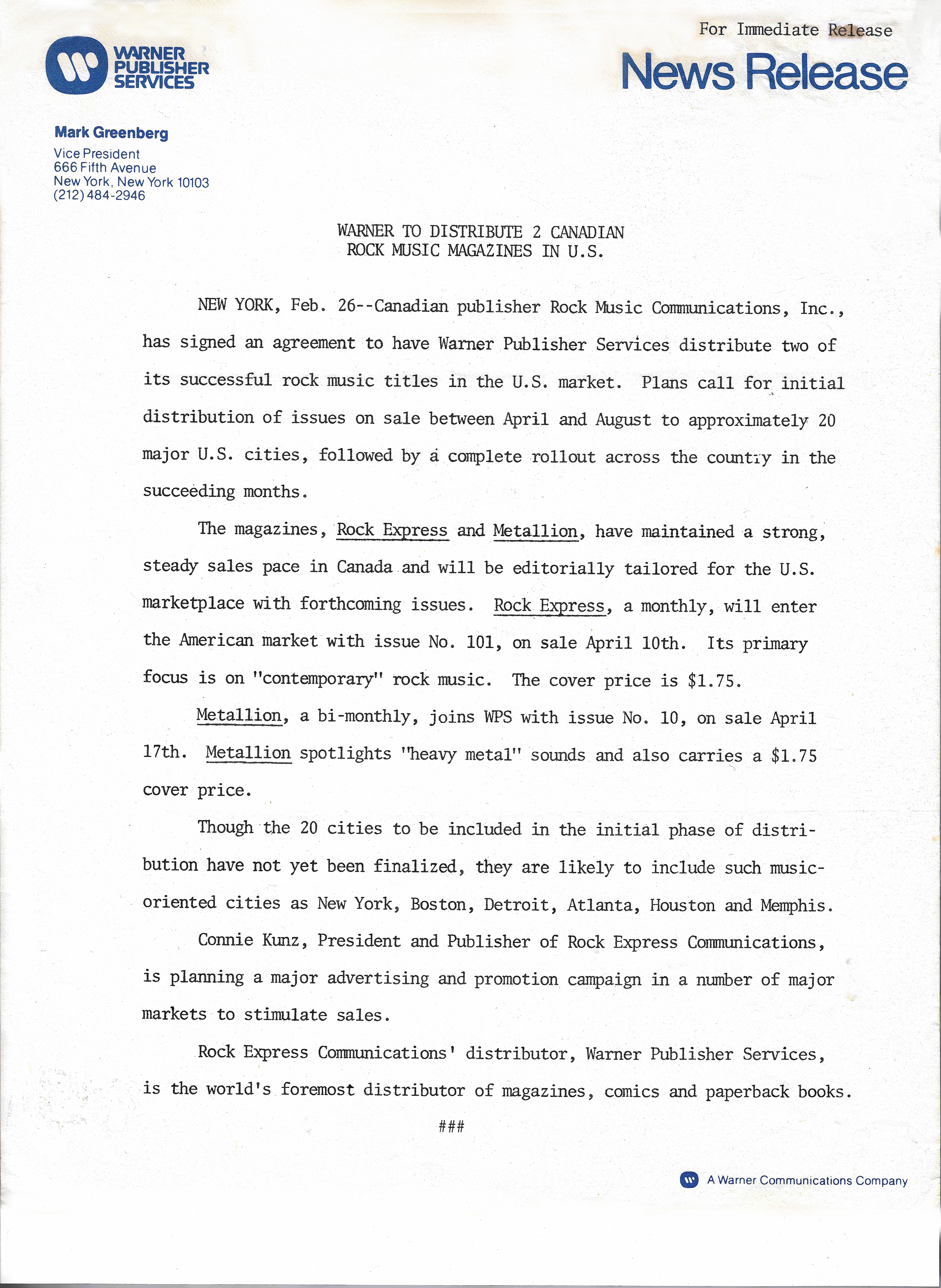
The magazine also enjoyed tremendous success down under and overseas as newsstand distribution in Australia and the UK via Gordon & Gotch peaked at 1.3 million copies in October 1988 – a domestic print record for a Canadian-based magazine.
While all of this success was occurring around the globe, back home there was a party going on at the offices of Music Express. This was particularly true at their Madison Avenue location which was conveniently positioned within walking distance of the Madison Pub, and at their later digs on Jefferson Avenue. More stars attended these two locations than you could shake a stick at.
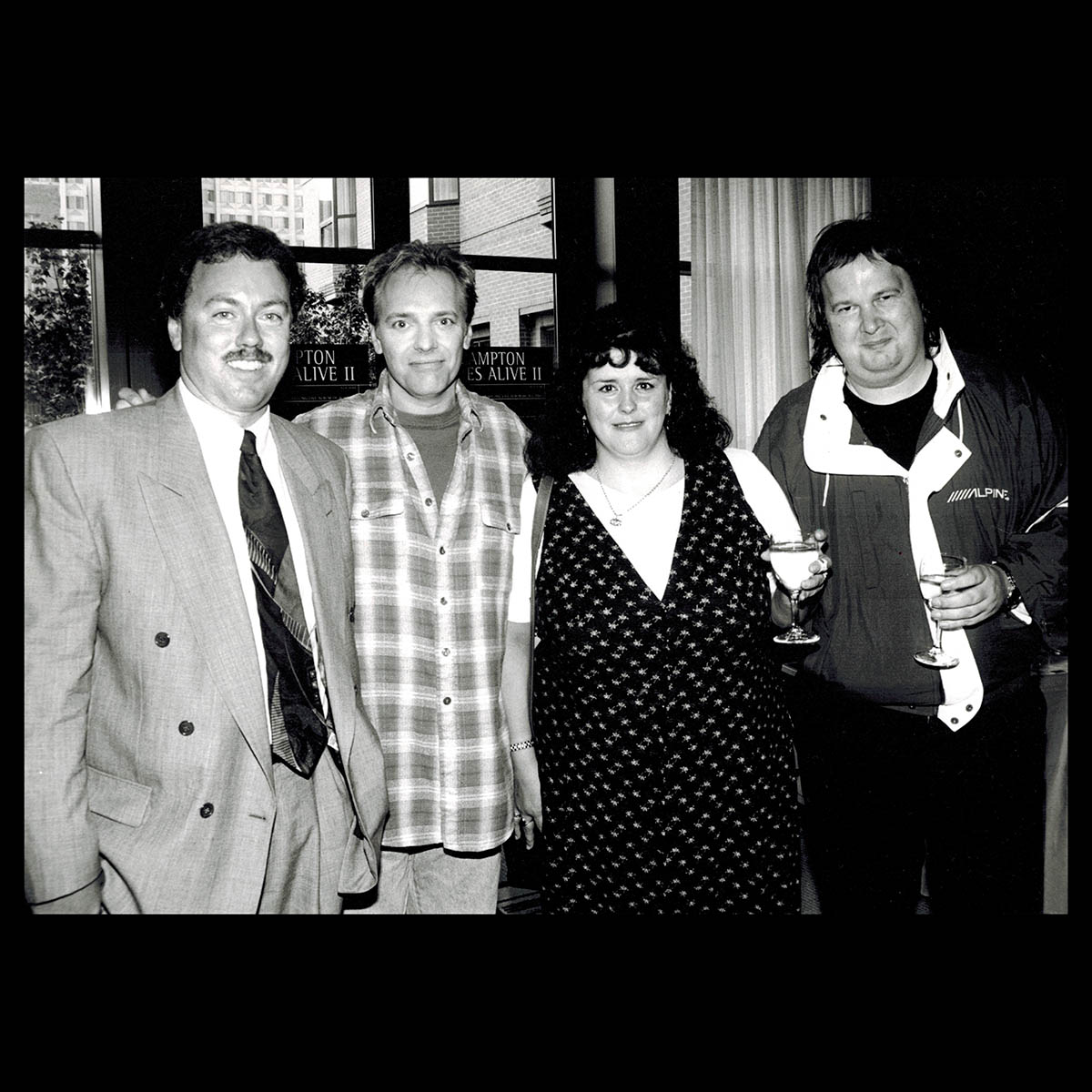
“The Madison Pub became the centrifugal force for our interviews,” Keith laughs. “I remember when Slade, who were personal favourites of mine, came into our office for an interview and I was really disappointed because their lead singer, Noddy Holder, just wasn’t into it. After it was over we went to the Madison and it ended up being a whole different interview once he had a couple of pints in him. We got there at about 8:00 p.m. and we closed the place down at midnight. One of my favourite visions was the whole band, Conny and myself staggering up the road back to our office. Thankfully, they had a limo as they were in no shape to drive.
Our most famous guest at our Jefferson Avenue office was Robert Plant of Led Zeppelin. A friend of mine at Warner Music named Roger Desjardins was responsible for looking after their artists when they were in town. Robert, who had played a show in Hamilton, was seeing Alannah Myles at the time and he was planning on coming to Toronto to visit her.
We had just moved to Jefferson Avenue and I joked with Roger that it would be great if Robert would drop by the office and cut the ribbon at a party we were staging to launch the new office. The night of the launch party we had a band called The Razorbacks performing and there was a whole room full of industry people.
At about 7:30p.m. Roger called to say he had Robert in the car and that they were five minutes away. I went to the microphone and announced that Robert was coming and that everyone should remain cool. He walked in, did the ribbon cutting across a giant Lado Guitar and accepted a Music Express Award that we had for him.
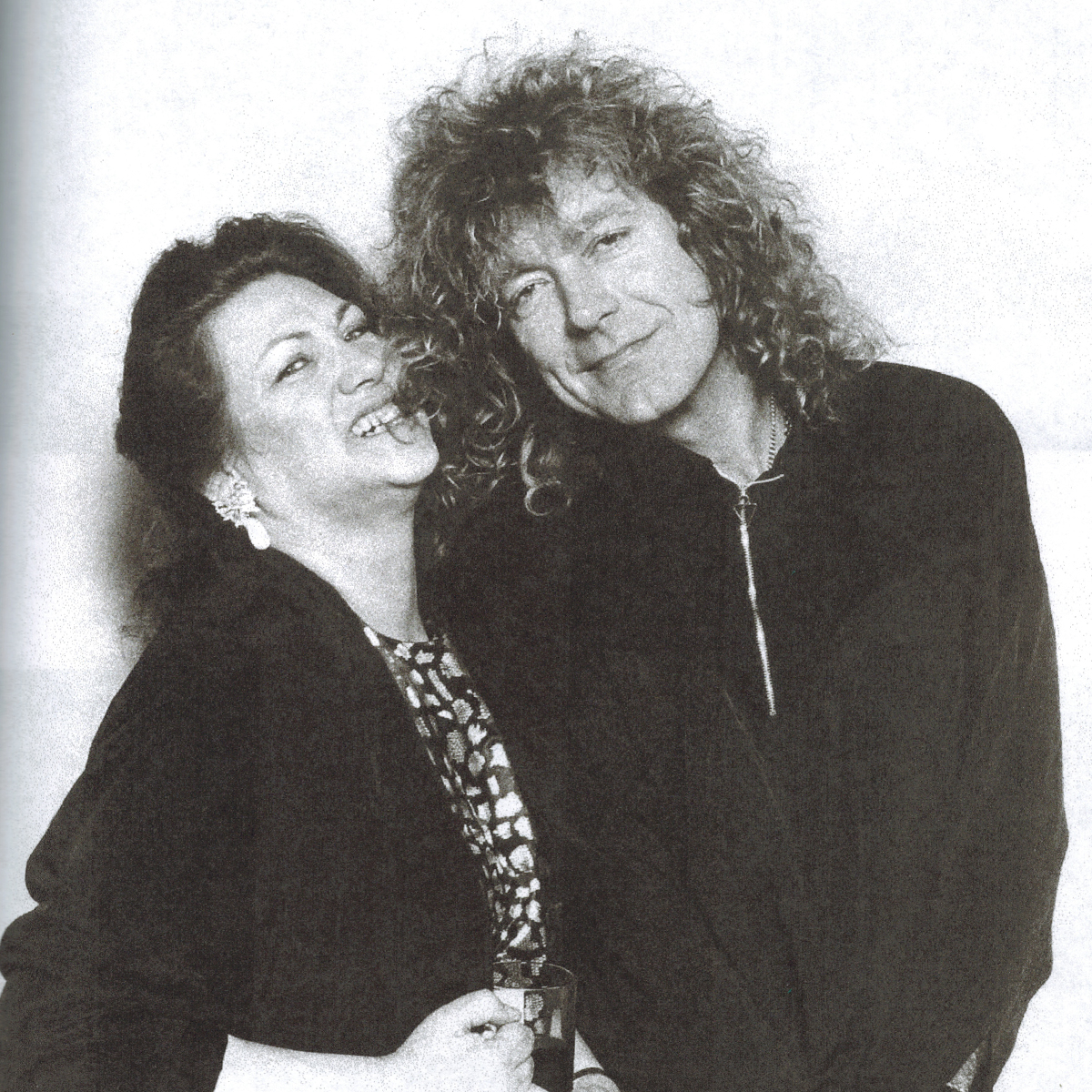
The only problem was everyone started pushing toward him, not allowing any breathing space. We went around the back and he had a chat with Conny and there’s that iconic photo of her biting his hair. But then things got so frantic that Roger had to get him out of there. It’s a shame because if it had cooled down I think he may have sat in with The Razorbacks.”
Things rolled along nicely for Music Express for five years in the United States, but a change to Musicland/Sam Goody’s starting line-up spelled trouble for the magazine. It wasn’t too long afterward that the writing was clearly on the wall.
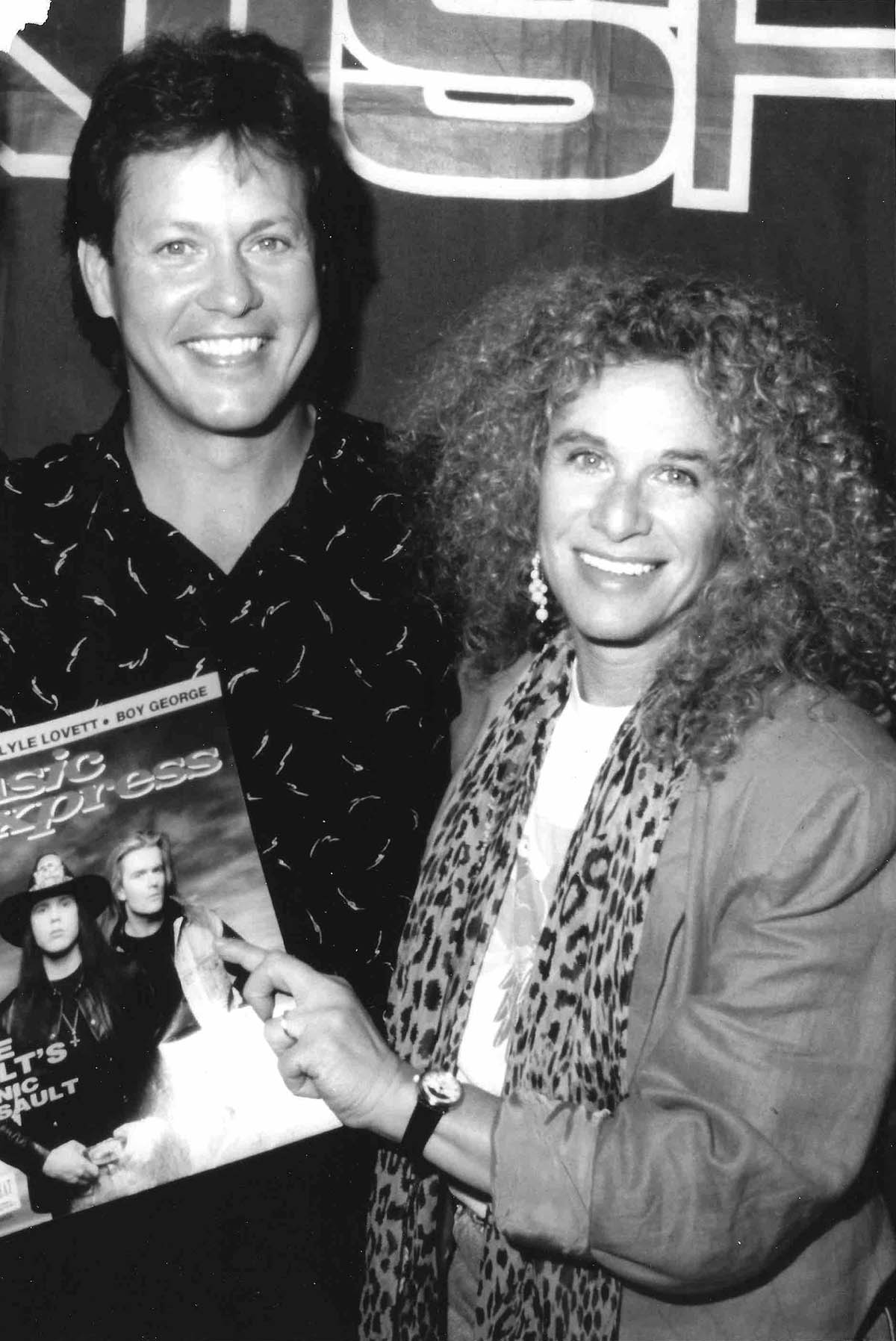
“The person that signed us to the deal, Bruce Jesse, was a real music guy and wasn’t into partying,” Keith explains. “But his boss, Gary Ross was a bit of a playboy type and they just didn’t get along. They got rid of Bruce and in America, once you get rid of the guy that arranged something, everything else gets kicked out the door.
I met with Eugster and Ross after they let Bruce go and they said Musicland wanted to keep Music Express going but that they wanted to take it over and all of the financing stuff was to go to them. There was no way Conny and the other shareholder Allan Gregg were going to turn it over so we called their bluff thinking there’s no way they’ll pull the plug on this.
But they called us up one day and said they found somebody else to do it and that was it. A circulation of 1.3 million went poof.”
Bruce Jesse, now marketing director at Los Angeles-based Warehouse Records, picked up our option and we even established circulation in Dallas with Sound Wherehouse and in Nashville with Kats but we could not sustain our U.S. presence.
We ended up being a Canadian magazine again and Allan Gregg took over. He systematically let everyone go including me, but six months later he realized he couldn’t do it alone and in 1993 Music Express folded. That allowed me to launch Access Magazine, which we did successfully until 2010.”
It wasn’t too long after Access closed shop that Music Express, like the famous phoenix, rose from its print ashes and reinvented itself as an online magazine with Keith returning to the helm. In keeping with the inspiration for the launch of the original Alberta Music Express, it was a rock and roll moment in 2012 that inspired the comeback.

“I had signed on to this security job at G4S while I was writing my book ‘Music Express, The Rise Fall and Resurrection of Canada’s Music Magazine’ (Dundurn Press) and I was working security at the Canadian National Exhibition concert stage,” Keith says. “I was working security for Trooper that night and band members Ra McGuire and Brian Smith saw me and came over after the set saying how much they enjoyed Music Express and how much they missed it. They suggested I should get it going again, and do it digitally.”
I thought it over and decided to give it a shot working with Chad Maker at Agency 21. It’s great because it’s three-dimensional now, you can add videos and add music to the stories, and you don’t have to wait until next month if a story breaks after a print deadline. There’s an immediacy about it. The neat thing was that everyone was still there when we came back. Rush was touring their “Clockwork Angels” album and Triumph had just put out that “Live In Sweden” album and DVD. All the bands were happy to have us back.”
There’s nothing like a story with a happy ending, but fortunately, the story is not over for Music Express. Keith continues to soldier on and his vision for the magazine remains unchanged from day one.
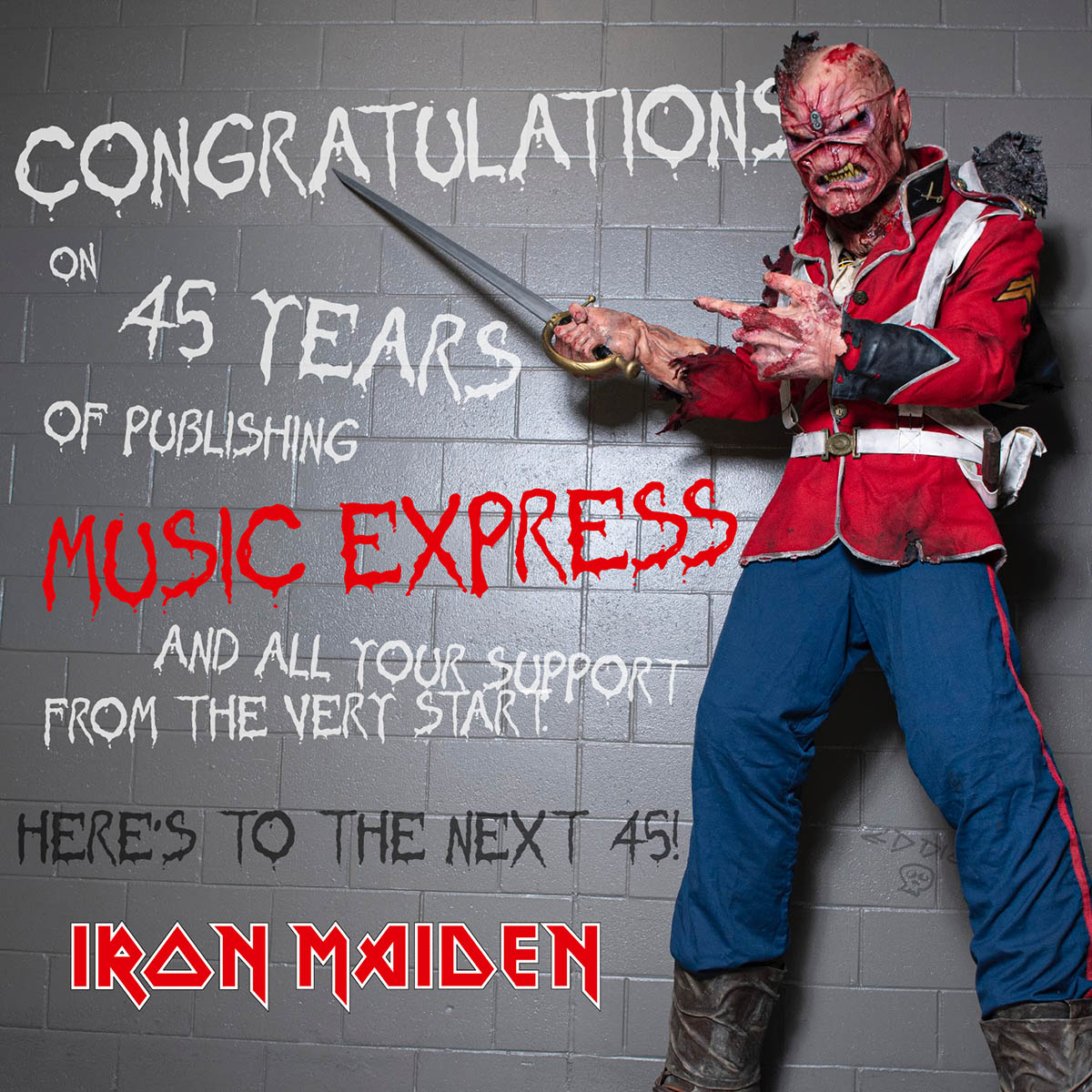
“I think it’s still as important and vibrant today as has been proved by the 45th-anniversary well-wishes we’ve received from artists like Bryan Adams, Rush and Iron Maiden, who are all still supportive. There’s not a lot of music journalism going on these days what with Facebook and social media, and artists connecting directly to their audience, but people still like to read a feature story. I still love talking to bands, promoting them and getting positive feedback when you write about them. There are a lot of things that we did by being around and being supportive and I don’t think anyone has any really bad things to say about us, which is great. It’s the kind of legacy you like to have so we’ll keep it moving. There’s no end in sight, really.”
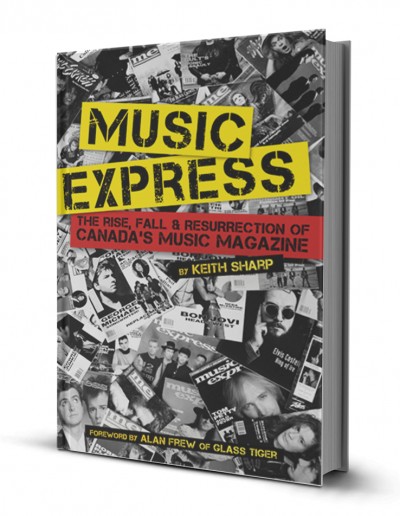
For a more detailed look at the Music Express legacy, you can read Keith Sharp’s book “Music Express: The Rise, Fall & Resurrection of Canada’s Music Magazine” which is available on Amazon.
Roman Mitz would like to thank Keith Sharp and Conny Kunz for giving him a job at Music Express, and for their ongoing support and friendship over the last 41 years. He would also like to acknowledge former Music Express staffers Kerry Doole, Lenny Stoute, Tarin Elbert, Ken Tizzard and Ted Van Boort who remain friends, and late, great Canadian cartoonist Darwyn Cook who designed the logo for Roman’s monthly Music Express column Open Spaces, a logo which is still used today. Finally, Roman sends kudos to Joyce Domingo, Music Express’s fabulous Creative, Digital Designer and Content Manager…now and into the future.
45th Anniversary Tributes
ME 45th – Platinum Blonde Anniversary messages…more to come in our Timeline Issue and Tributes Page
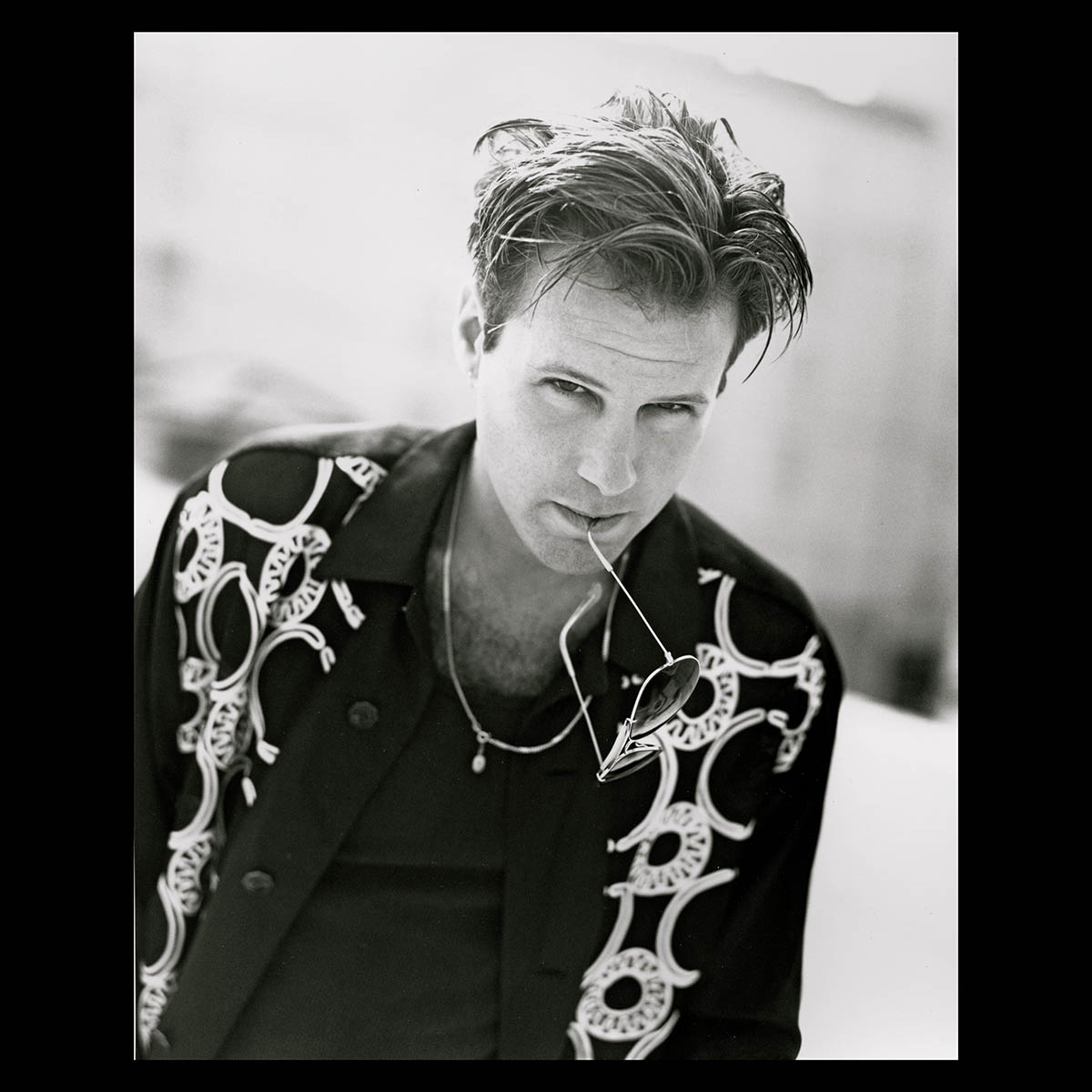
ME 45th Congratulations from Corey Hart
“Congratulations to Keith Sharp and his merry band of scalawags at Music Express commemorating 45 years of acerbic journalism supporting fab Canadian Artists. We all owe you a great deal of sincere Thanks! (& regret 😎) “ Corey Hart
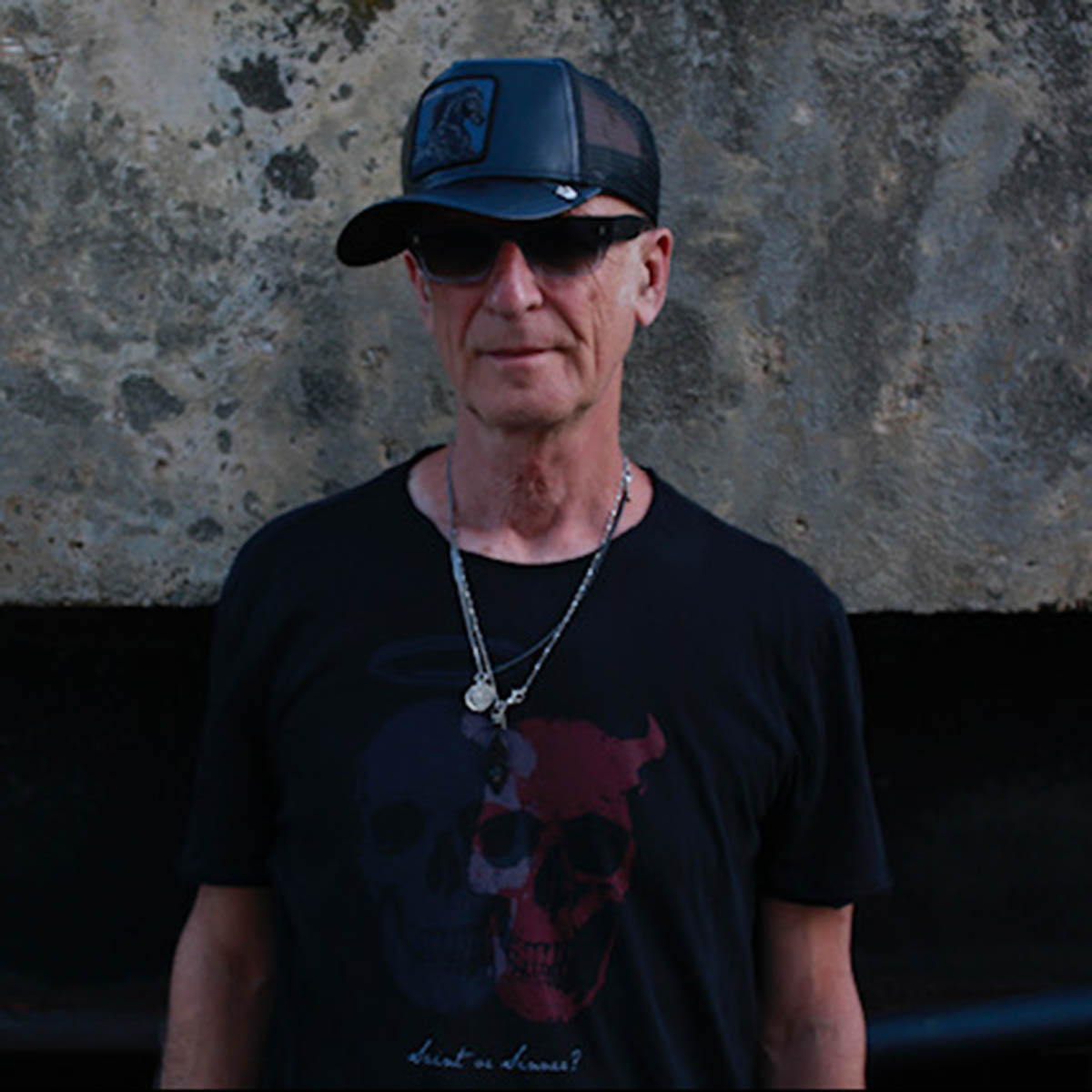
“Hey Music Express !! It’s your 45th anniversary ??? … WOW !! That’s Amazing !! CONGRATULATIONS!!!” Kim Mitchell

